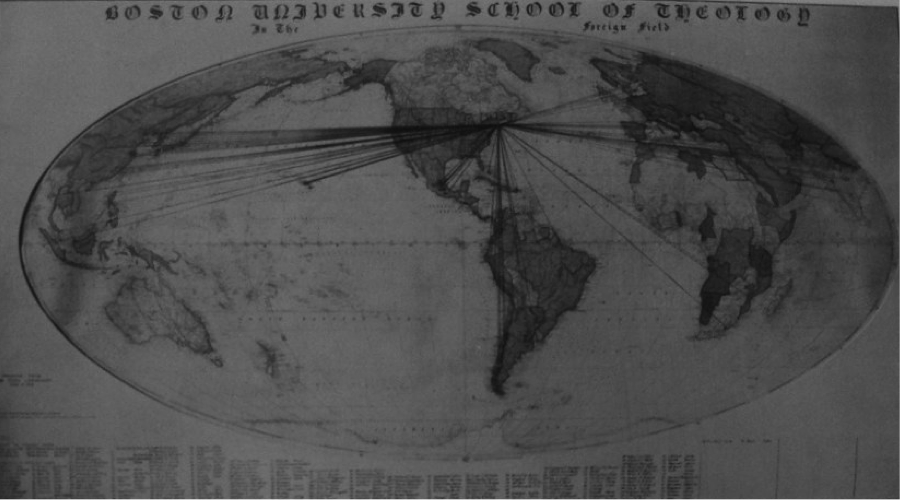
A recent article on Christianity Today is reverberating through the Christian blogosphere, and for good reason. The article is titled “The Surprising Discovery About Those Colonialist, Proselytizing Missionaries” and it details the startling findings of sociologist Robert Woodberry. The implications are incredible for the future of Christian missions.
In the article, Woodberry hypothesizes the following:
Areas where Protestant missionaries had a significant presence in the past are on average more economically developed today, with comparatively better health, lower infant mortality, lower corruption, greater literacy, higher educational attainment (especially for women), and more robust membership in nongovernmental associations.
This is a startling claim (which Woodberry backs up and in effect “proves” with air-tight scholarship), but perhaps it shouldn’t be. Jesus said that He came to give us life “more abundantly” (John 10:10). The implication is that Jesus came to give us eternal life as well as a better life in this world. So perhaps we should not be surprised that the presence of the gospel, carried by missionaries, actually does improve life for people in this world. Jesus told us it would be so. But it is certainly helpful to see the effects in history.
Redemptive Lift
Redemptive lift is how we describe the effect of the gospel on a people – it lifts the society as whole to a higher plain the more it is applied. Dr. Elmer Towns in his Practical Encyclopedia of Evangelism and Church Growth, says that redemptive lift is
A phenomenon that occurs when a person or group becomes Christian and thereby is lifted out of his (its) former environment and separated from it in social and economic respects.
This truth of Jesus’ teaching and the reality of the results in history are powerful. The redemptive lift of the gospel is impactful on a society.
What is the solution to illiteracy? The gospel! What is the solution to poverty? The gospel! What is the solution to government corruption? The gospel!
What This Means for Us
A few things we should do going forward:
1) Appreciate the power of the gospel
The gospel is the most powerful reality for good in the world today. The gospel lifts entire societies up, and makes it possible for believers and non-believers alike to thrive.
2) Honor the importance of the churches
The church is the pillar and ground of the truth (1 Tim 3:15). It is the churches that have the authority to protect, proclaim, and distribute the powerful gospel. Churches must be central to any significant cultural change for good.
3) Remember the value of missionaries
Missionaries are the light bearers, the messengers running swiftly bearing good news. Without missionaries, there is no gospel carried, no society lifted, no churches planted, no social good enacted.
4) Seek spiritual transformation first
John Piper makes several excellent observations about Woodberry’s study in a recent blog post. One of is points is that Woodberry emphasizes that it is evangelical missionaries – not Roman Catholic or other state church missionaries – who made the impact on the society. In other words, those who were focused on cultural/humanitarian change made none; those who were focused on the gospel made eternal and cultural impact. Piper reminds us:
missionaries (and pastors and churches) will lose their culturally transforming power if they make cultural transformation their energizing focus.
We should be aware to keep the main thing of the gospel the main thing. The rest will follow.
Conclusion
In looking at Woodberry’s findings, I have never been more confident that being a missionary is one of the most important occupations in the world, and that supporting missionary work is one of the most worthy uses of money one can find.
Has any of this inspired you? Challenged you? Leave a comment here and let me know.
